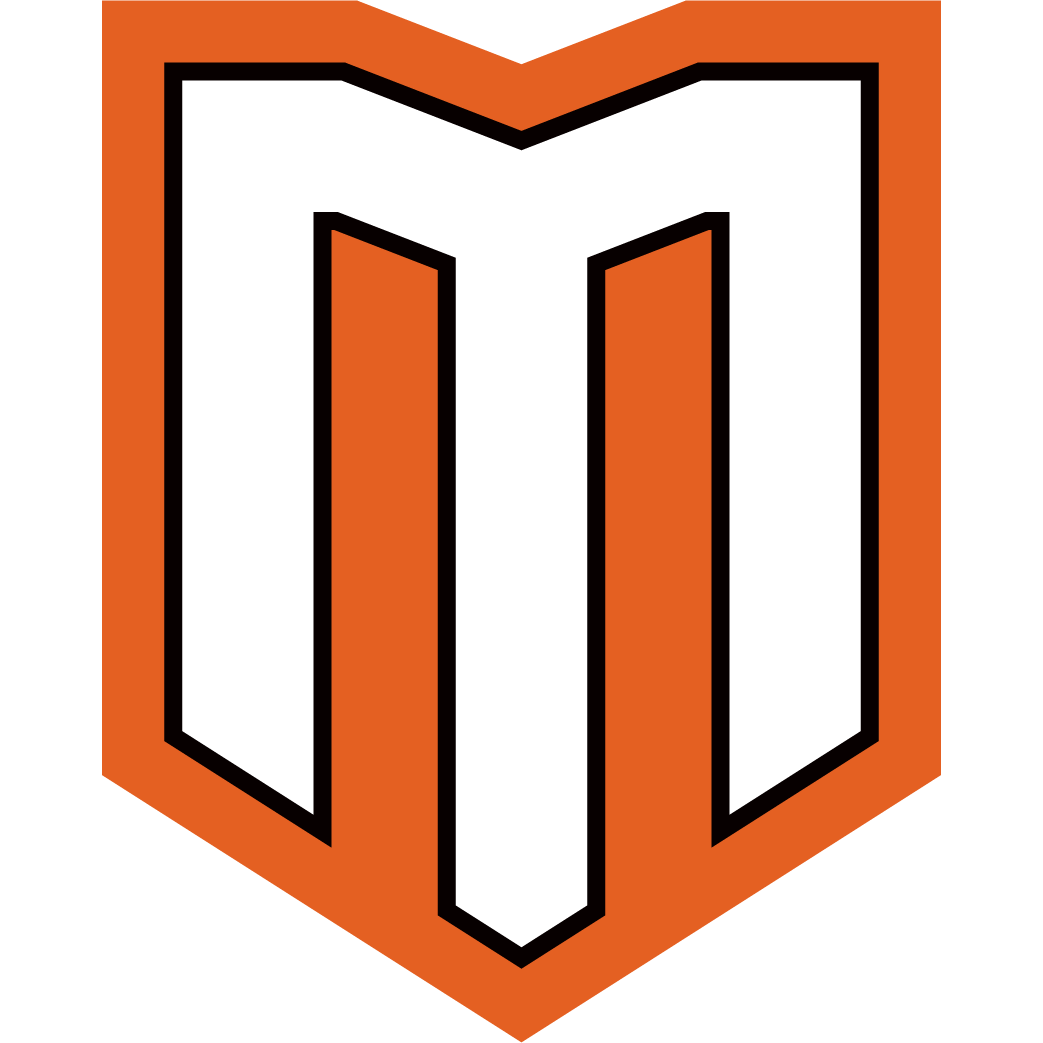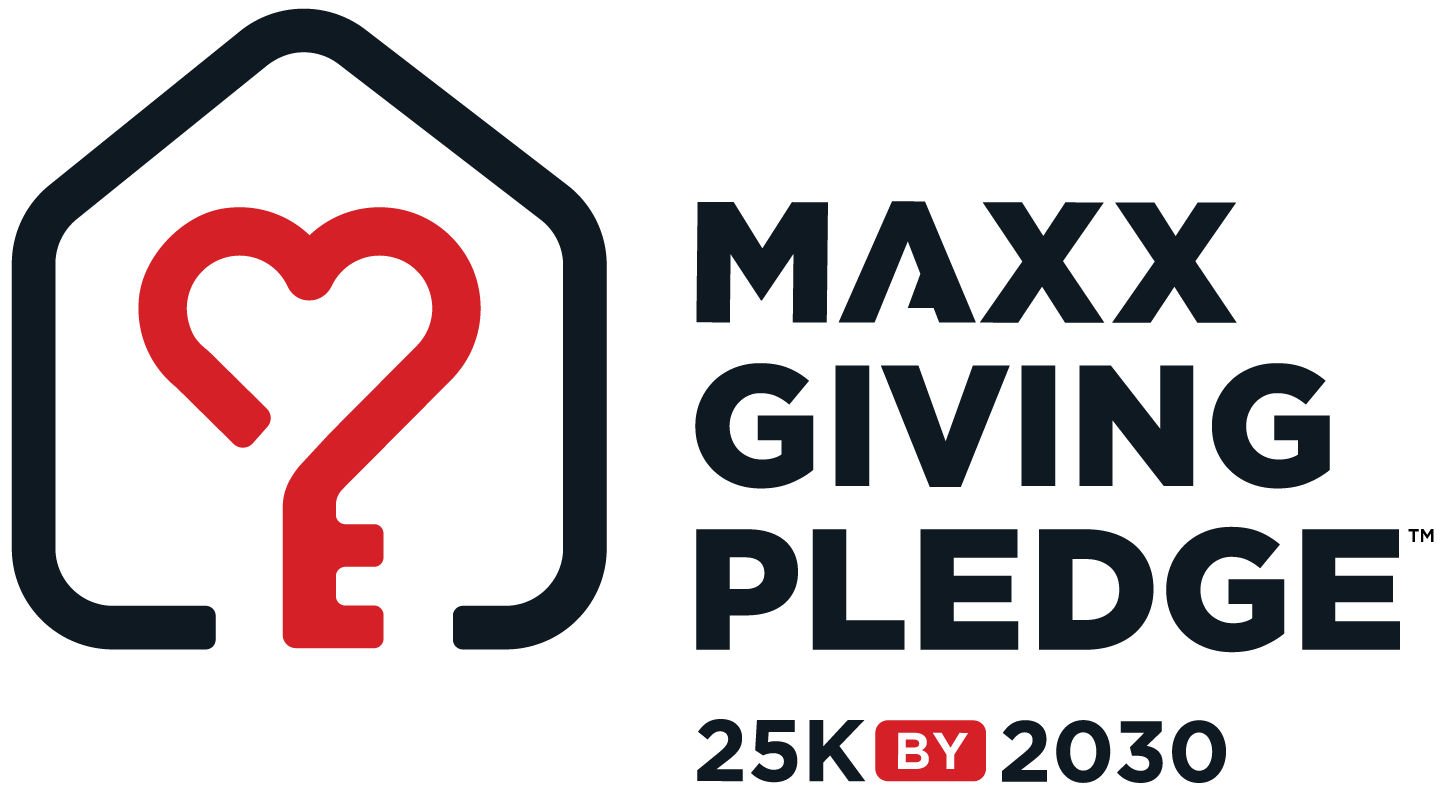
Commercial roof inspector: Role, checklist & why it matters
For commercial property owners and facility managers, the roof is a critical asset protecting investments, operations, and occupants. Yet, it's often overlooked until a problem arises. This is where the commercial roof inspector becomes invaluable. A thorough, professional roof inspection is not just about finding leaks; it's a proactive measure that saves money, extends roof life, and ensures the structural integrity of your building. Masterpiece Roofing explains the crucial role of a commercial roof inspector, what they evaluate, and why their expertise truly matters.
What does a commercial roof inspector evaluate?
A professional commercial roof inspection goes far beyond a casual glance. It's a systematic, detailed evaluation of every component of the roofing system to identify current issues, potential weaknesses, and areas for proactive maintenance.
Membranes, flashing, seams & penetrations
These are the primary defense against water intrusion and are meticulously scrutinized:
Membranes: The inspector will look for punctures, tears, blisters, crazing (fine cracks), alligatoring (a pattern of cracks resembling alligator skin, common in aged asphalt), embrittlement, or excessive wear on the primary roofing material (e.g., TPO, EPDM, PVC, modified bitumen). They assess the overall condition and estimated remaining lifespan.
Flashing: This critical component seals the roof around edges, penetrations, and changes in plane. Inspectors check for cracks, separation, lifting, deterioration, or improper installation at parapet walls, skylights, chimneys, and vents. Flashing failures are a leading cause of leaks.
Seams: On membrane roofs, seams are vulnerable points. The inspector verifies that all seams are tightly sealed, looking for signs of separation, lifting, or deterioration that could allow water penetration.
Penetrations: Anything that breaks the roof plane (HVAC units, pipes, vents, skylights, drains) creates a potential leak point. Inspectors examine the seals around these elements for cracks, gaps, or deterioration, ensuring they are watertight.
Drainage, ponding zones & insulation
Effective water management is vital for roof longevity:
Drainage: The inspector assesses the roof's ability to shed water. They check internal drains, gutters, downspouts, scuppers, and splash blocks for blockages (debris, leaves), proper slope, and signs of corrosion or damage that impede water flow.
Ponding Zones: These are areas where water collects and remains for more than 48 hours after rainfall. Ponding significantly shortens roof life by accelerating membrane degradation, promoting algae growth, and adding excessive weight. Inspectors identify these zones and often recommend solutions.
Insulation: While not always directly visible, issues with insulation (e.g., wet insulation) can be detected through thermal imaging or core samples. Wet insulation drastically reduces thermal performance and can lead to structural decay.
Decking, structural integrity & venting
These foundational and support elements are crucial for the entire roof system:
Decking: The substrate beneath the roofing membrane (e.g., wood, metal, concrete). The inspector looks for signs of deflection, sagging, moisture damage, or rot, often indicated by soft spots or visible damage on the interior of the building.
Structural Integrity: Beyond the decking, the inspector assesses the overall structural health, looking for signs of stress, excessive movement, or damage that could compromise the building's stability. This might involve looking at interior beams, columns, and walls for cracks or water stains.
Venting: Proper attic or roof deck ventilation prevents heat and moisture buildup, which can damage insulation, promote mold growth, and degrade roofing materials. Inspectors check that vents are clear and functioning correctly.
Tools of the trade: Drones, infrared, moisture meters
Modern commercial roof inspectors utilize advanced technology to provide more accurate, efficient, and non-invasive assessments.
Drones: Equipped with high-resolution cameras, drones can quickly capture detailed aerial imagery of large or inaccessible roof areas. They identify damage, debris, or drainage issues from a safe distance, providing a comprehensive overview that might be missed during ground-level inspections.
Infrared (Thermal Imaging) Cameras: These cameras detect temperature differences on the roof surface. Areas with wet insulation will show a different temperature signature (cooler during the day, warmer at night) than dry areas. Infrared is invaluable for non-invasively identifying hidden moisture within the roof system without the need for destructive testing.
Moisture Meters: These handheld devices are used to pinpoint and quantify moisture levels in specific areas. Once an infrared camera identifies a potential wet spot, a moisture meter can confirm the presence of water within the membrane or insulation.
Other Tools: Standard tools include measuring tapes, binoculars, digital cameras for close-up shots, and safety equipment (ladders, harnesses).
Documentation practices: Photos, written reports, compliance
Thorough documentation is a hallmark of a professional roof inspection, serving as a critical record for property management and future planning.
Photos/Videos: High-resolution digital photos and sometimes videos are taken of all identified issues, critical components, and overall roof condition. These provide undeniable visual evidence.
Written Reports: A comprehensive written report details all findings, including:
Description of the roof system and its components.
Specific locations of damage (often mapped out).
Severity of issues.
Recommended repairs or maintenance actions.
Estimated remaining service life of the roof.
Budgetary estimates for repairs (if requested).
Compliance: Reports often include references to relevant building codes, warranty requirements, and safety standards, ensuring the property owner is aware of any non-compliant issues. This documentation is vital for insurance claims, warranty validation, and long-term asset management.
Inspection frequency & occasions (new install, post-storm, maintenance)
Regular and timely inspections are fundamental to proactive roof management.
Annual/Bi-Annual Maintenance: A general recommendation is to have a professional inspection at least once a year, ideally in the spring or fall. For older roofs or those in harsh climates, bi-annual inspections are prudent. This routine check-up identifies minor issues before they escalate.
After New Installation: A post-installation inspection by an independent third party can verify that the new roof was installed correctly and meets all specifications and warranty requirements.
Post-Severe Weather Event: After significant storms (heavy rain, hail, high winds, snow accumulation), an immediate inspection is crucial to identify hidden damage that might not be apparent from the ground.
Before/After Warranty Expiration: An inspection before a warranty expires can identify issues covered by the warranty, allowing for repairs to be claimed. An inspection after can help plan for future roof replacement.
Pre-Purchase/Sale of Property: Essential for due diligence, providing a clear picture of the roof's condition and potential future expenses.
How inspections save money and extend roof life
Investing in regular roof inspections is a cost-effective strategy that pays dividends over the lifespan of your commercial roof.
Early Problem Detection: Minor issues like small cracks, lifting seams, or blocked drains can quickly escalate into major leaks and extensive damage if left unaddressed. Inspections catch these problems when they are small and inexpensive to repair.
Preventative Maintenance: By identifying potential weak points or areas of accelerated wear, inspectors can recommend preventative measures (e.g., re-sealing, drain clearing) that avoid costly reactive repairs.
Extend Roof Lifespan: Proactive maintenance based on inspection findings can significantly extend the useful life of your existing roof, delaying the need for a costly full replacement by years. This maximizes your return on investment.
Preserve Building Interior & Assets: Leaks don't just damage the roof; they can destroy interior finishes, equipment, inventory, and even disrupt business operations. Inspections prevent these costly internal damages.
Warranty Compliance: Many roofing warranties require regular inspections and documented maintenance. Failing to comply can void your warranty, leaving you responsible for expensive repairs.
Budgeting & Planning: Detailed inspection reports help property owners accurately budget for future roof maintenance, repairs, or eventual replacement, avoiding unexpected large expenditures.
Tips for hiring a qualified commercial roof inspector
Choosing the right inspector is paramount to getting a thorough and reliable assessment.
Look for Independence: Ideally, hire an independent inspector who is not directly affiliated with a roofing contractor that would perform repairs. This ensures an unbiased assessment of your roof's condition.
Experience & Specialization: Choose an inspector with specific experience in commercial roofing systems relevant to your building (e.g., flat roofs, specific membrane types). Ask about their background and years in the industry.
Certifications: Look for industry certifications from reputable organizations. These demonstrate a commitment to professional standards and ongoing education.
Technology & Tools: Inquire about the tools and technology they use (e.g., infrared, drones). Modern equipment indicates a commitment to comprehensive and accurate inspections.
Comprehensive Reporting: Ask for sample reports to ensure they are detailed, clear, and include photographic evidence, specific recommendations, and long-term planning insights.
References & Reviews: Request references from previous commercial clients and check online reviews to gauge their reputation and client satisfaction.
Insurance: Verify that the inspector carries appropriate liability insurance.
A professional commercial roof inspector is not just a service provider; they are a partner in protecting your most valuable asset. Their expertise ensures your roof remains watertight, extends its lifespan, and safeguards your bottom line.
Protect your commercial investment from the top down. Masterpiece Roofing offers expert commercial roof inspections performed by qualified professionals who utilize advanced tools and provide comprehensive, actionable reports. We help you understand your roof's true condition and plan for its long-term health, saving you money and ensuring peace of mind. Contact us today to schedule your comprehensive commercial roof inspection!
Office: 1248 Highland St, Holliston, 01746 MA
(508) 882-6080
Email: office@buttonmasterpieceroof.com
Site: www.masterpieceroof.com
Assistance Hours
Mon – Fri 8:00am – 4:00pm

